It’s a stark contrast to the large-scale, hi-tech operations producing flour by the tonne every hour, but there are a number of small craft bakeries going back to basics and milling for themselves.
“Milling on site is a great way for a small bakery to be able to create real bread from a more diverse range of grains,” explains Chris Young, coordinator for the Real Bread Campaign.
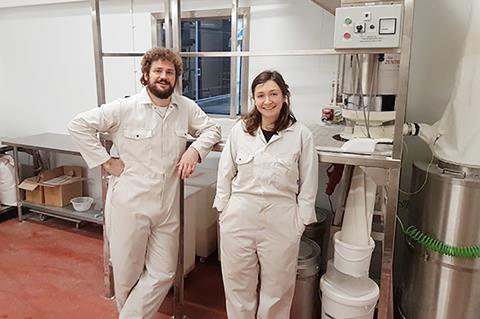
“Not only do many of these grains have distinctive flavours, but some may also have better micro-nutritional values than typical commodity wheats,” he adds. “In short, milling grain can enable a bakery to create truly unique real bread that’s delicious, more nutritious and for greater benefit of people in that food web community of which it is part.”
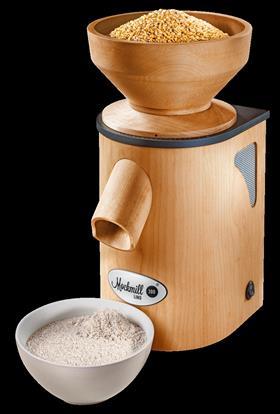
Mini mills
So how do they do it? Paul Lebeau of Mockmill, a producer of small stone mills, says there are a number of craft bakers – sometimes one-person outfits operating from home – who use his company’s products to mill all their flour themselves, with a professional model requiring an investment of around £500.
“With our little mills, they can produce about 12 kilos of flour an hour, so it’s good amount,” he observes.
Lebeau says there are also bigger operations that mill their own flour to supplement their main supplies to improve quality. “They use freshly milled flour in their pre-ferments and make their bread better that way,” he explains. “They’re not focused on making all their flour with the Mockmill but they use it to make flour every day as an important part of their operation.”
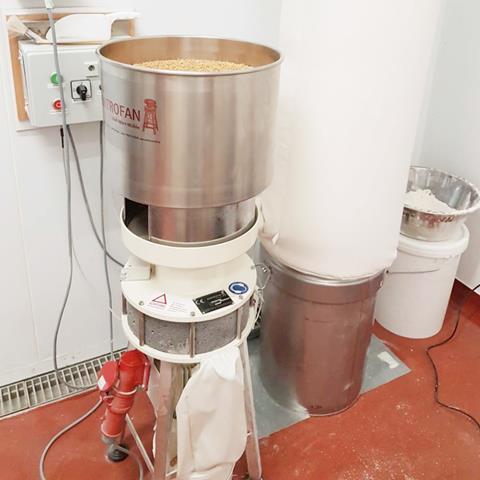
Cyclone mills
Another small-scale milling operation is Fife-based Scotland the Bread, which grows, mills and sells organic flour, supplying a number of artisan bakeries north of the border. The organisation also campaigns for ‘a better, more biodiverse flour and bread supply’, researching to improve the nutrient profile of grain and supporting ‘citizen growers’ to produce their own flour.
Scotland the Bread’s flour is made using two ‘UK-unique’ cool-air cyclone mills made by German company Zentrofan. Costing around £7,000, each mill has a capacity of approximately 20 kilos an hour, as well as some interesting characteristics, as Andrew Whitley, executive chairman of the enterprise, explains.
“One factor is very low energy consumption,” he says. “Second is production of wholemeal flour of a very fine consistency. Third is the almost total absence of waste either via sifting out any flour or losing it as part of the process of recombining multiple streams, as in a roller mill, or in the loss of nutrients through overheating as you might get with an intensive stone grinding process.”
So, it seems technology is playing a vital role at both ends of the milling spectrum.



















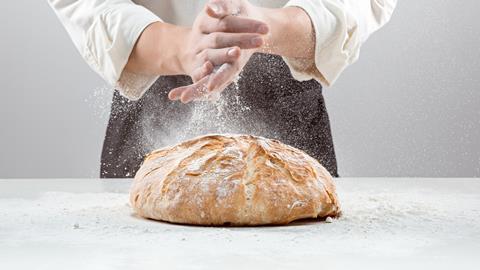
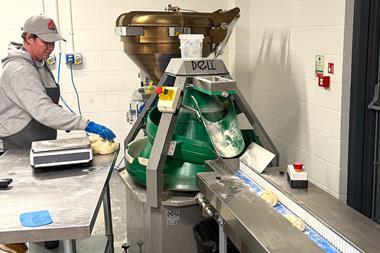

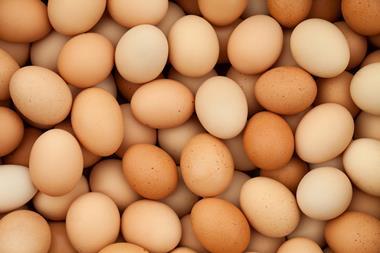


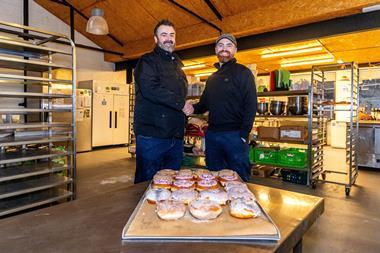

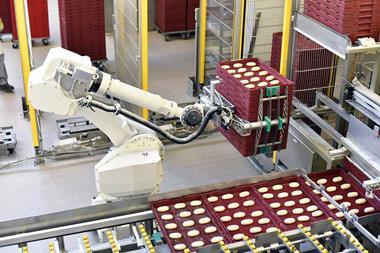
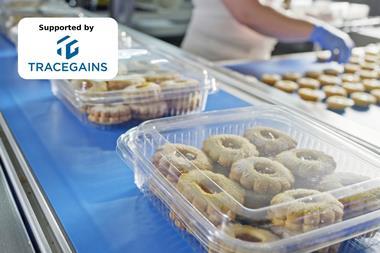

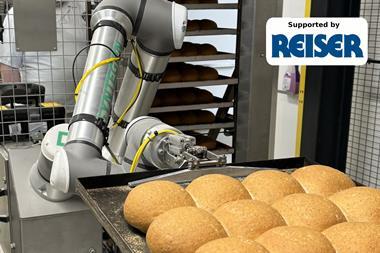
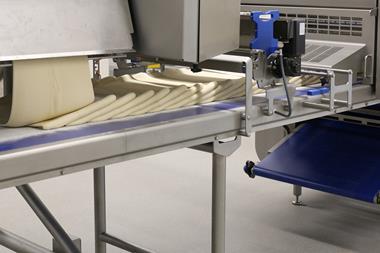

1 Readers' comment